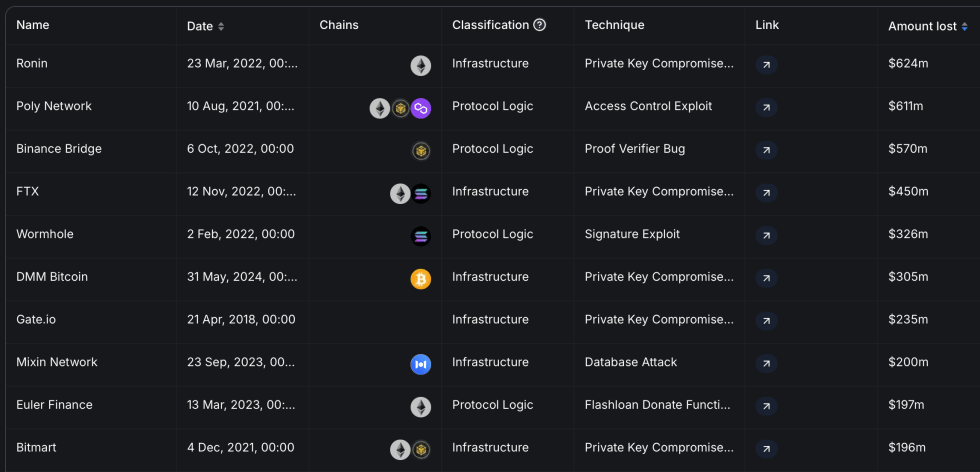Latest news about Bitcoin and all cryptocurrencies. Your daily crypto news habit.
The Norwegian government has successfully frozen and returned $5.7 million linked to a high-profile cyber-attack on the Ronin network, an Ethereum sidechain integral to the web3 game Axie Infinity.
This action underscores a growing international commitment to addressing cybercrime even in the cryptocurrency space. The funds were recovered as part of a collaborative effort involving various law enforcement and forensic entities.
Ronin Hack: International Collaboration in Cybersecurity
The Ronin network had suffered an exploit in March 2022, leading to the loss of over $600 million—the largest DeFi exploit to date.
This incident was attributed to the notorious Lazarus Group, which is believed to be associated with North Korea. The successful retrieval of stolen assets was facilitated by the Norwegian National Authority for Investigation and Prosecution of Economic and Environmental Crime (Økokrim).
The operation was a concerted effort that also included contributions from the FBI in the United States and various blockchain forensics firms like Chainalysis.
Today we received some exciting news from the Norwegian government and Økokrim.
The Norwegian National Authority for Investigation and Prosecution of Economic and Environmental Crime (Økokrim) has successfully frozen and returned 5.7 M USD in stolen assets from the Ronin bridge…
— Sky Mavis (@SkyMavisHQ) June 7, 2024
Sky Mavis, the developers behind Axie Infinity, expressed gratitude towards the organizations involved. They confirmed that while 15% of the recovered funds would cover operational expenses, the rest would be returned to the Axie Infinity treasury, ensuring continued support and compensation for affected stakeholders.
The game developer further confirmed that law enforcement authorities have currently frozen an additional $40 million in assets related to the case.
They noted that the process of recovering these funds would require an unspecified amount of time, and thus, a definite schedule for their return could not be provided at the moment.
Current Cryptocurrency Security Shift
The Ronin exploit remains a stark reminder of the vulnerabilities within decentralized finance platforms. It involved the compromise of five out of nine validator private keys, allowing the attacker to execute fraudulent transactions.
This incident marks the largest-ever crypto heist up to date as the hack resulted in a loss of roughly $624 million, according to data from DeFillama.
Meanwhile, current trends indicate a shift in attack vectors, with cybercriminals now targeting less secure elements such as private key management.
According to the latest HackHub report by Merkle Science, losses from smart contract vulnerabilities have dramatically decreased due to improved security tools, but losses from private key leaks have surged.
Featured image created with DALL-E, Chart from TradingView
Disclaimer
The views and opinions expressed in this article are solely those of the authors and do not reflect the views of Bitcoin Insider. Every investment and trading move involves risk - this is especially true for cryptocurrencies given their volatility. We strongly advise our readers to conduct their own research when making a decision.
